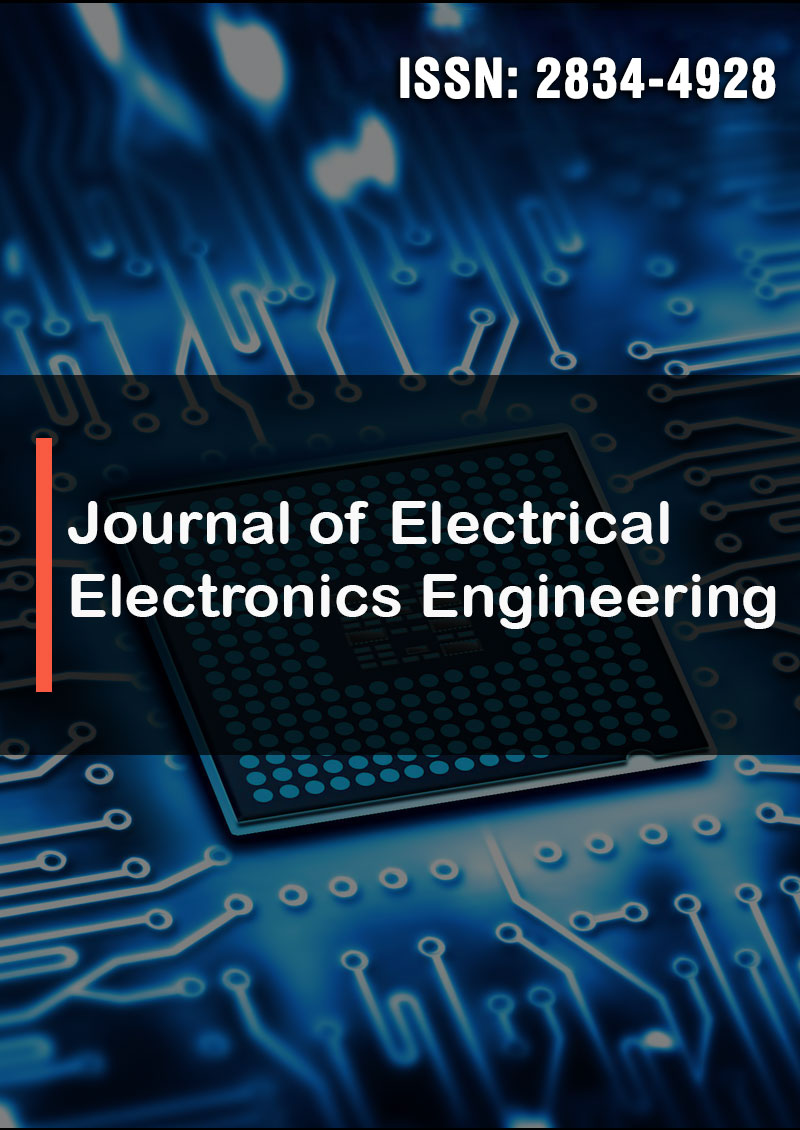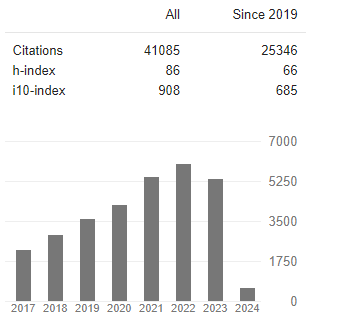A Linear Multi-Objective Model for Smart Home Energy Prediction Using IoT
Abstract
Meraj Hejazi
The increase in population and the challenges caused by it are always among the concerns of decision-makers and policymakers in large countries. One of the most serious concerns is in the field of energy consumption. Optimizing energy use is one of the most effective ways to manage limited resources and energy. Energy consumption in residential houses constitutes a significant percentage of the total energy consumption worldwide; therefore, current research focusing on mathematical models aims to provide a predictive multi-objective linear mathematical model for residential house consumption. For this purpose, the consumption of water, electricity, and gas for 80 residential houses, including 10 household appliances and equipment on a weekly basis, has been considered. The results showed that the mixed-integer multi-objective predictor model is able to optimize household consumption plans compared to the actual state of household energy consumption. Since the goals of household satisfaction and energy consumption costs in the model conflict with each other, the influence coefficient was calculated to demonstrate the simultaneous achievement of these goals. The optimal value achievable with the default model for the model's purposes is 69%.




